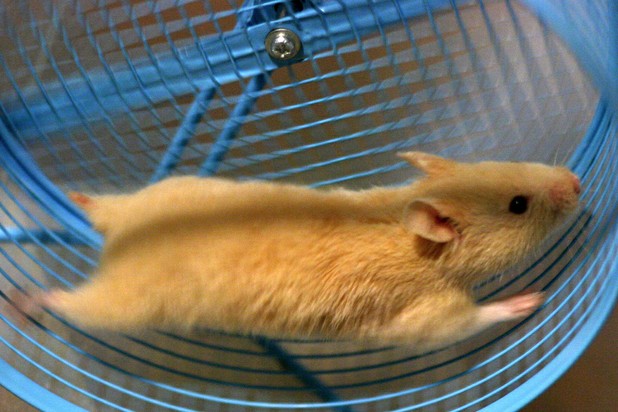- Story Highlights
-
- Exercise: Helps to reset circadian rhythms altered by alcohol abuse.
Researchers Say Exercise Is Good Medicine for Alcoholics
The abuse of alcohol can lead to disrupted circadian rhythms (our natural ‘body clock’ which tells us when to sleep or eat, for example) and disrupted circadian rhythms can lead to increased consumption of alcohol! Researchers say that exercise is a good way to ‘reset’ this body clock to reduce alcohol consumption.
Many alcohol abusers have altered circadian rhythms. The abuse of alcohol can lead to poor sleep, very early or late sleeping, little eating during the day followed by excessive eating during the night and other alterations of normal circadian functioning. Disrupted circadian rhythms can make normal sleep difficult, which can lead people to drink once again, to facilitate sleep. This cycle can obviously lead to continued alcohol abuse or to relapse among newly abstinent alcoholics.
Researchers at Kent State University wanted to see what effect exercise might have on regulating alcohol altered circadian rhythms, and so they got a bunch of hamsters and a running wheel and set out to find out!
They found that:
- When hamsters were given free access to alcohol but no access to a running wheel, alcohol consumption went up substantially.
- When hamsters were given access to alcohol and a running wheel, the hamsters that spent more time exercising drank less than the ‘lazy’ hamsters
The researchers suggest that exercise serves to regulate and reset alcohol altered circadian rhythms, and that both exercise and alcohol induce similar dopamine releases in the brain, and can thus be substituted for one another. This substitution effect, they propose, makes exercise a potentially effective non pharmological intervention for the treatment of alcoholism.
Study author David Glass of Kent State University sums up significance of the research results by saying, "For humans, exercise may be an effective, beneficial, and naturally rewarding substitute for any type of addiction. It may also reduce the risk of addiction in individuals who have a family history of it, in addition to significantly reducing the risk of cardiovascular disease and mood disorders.”
The full study results are to be released in the September edition of Alcoholism, Clinical and Experimental Research


